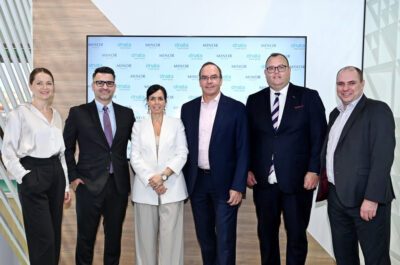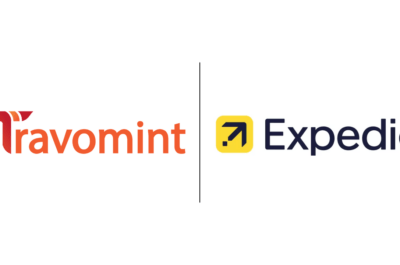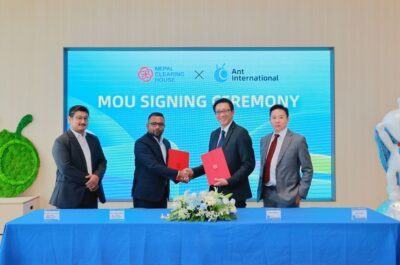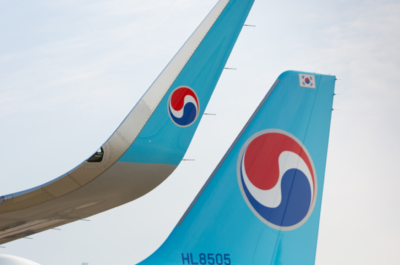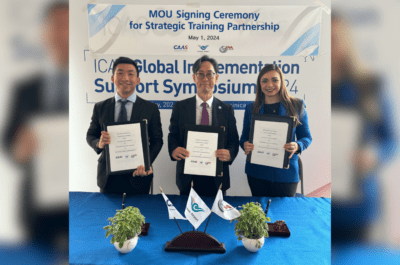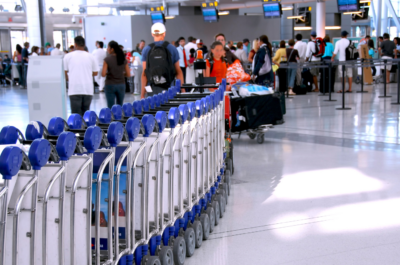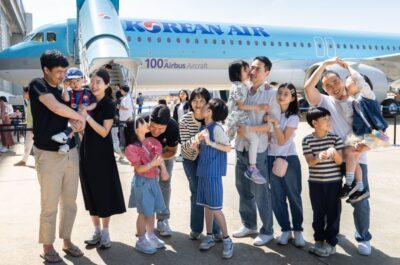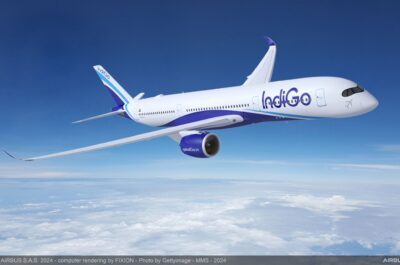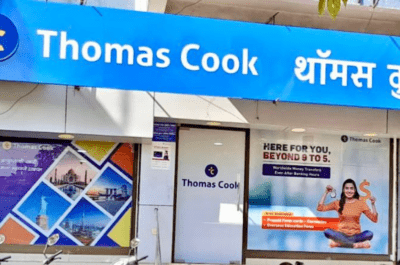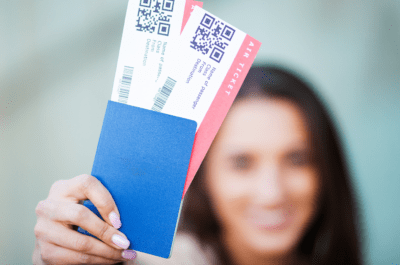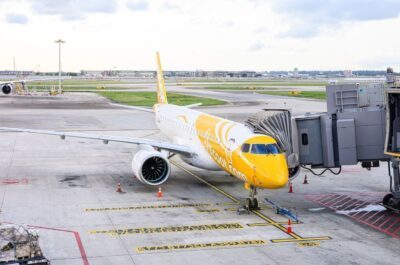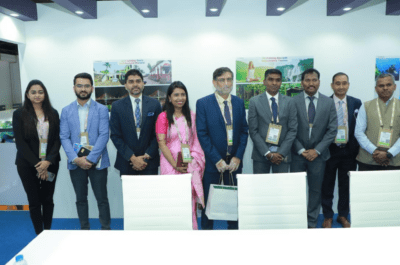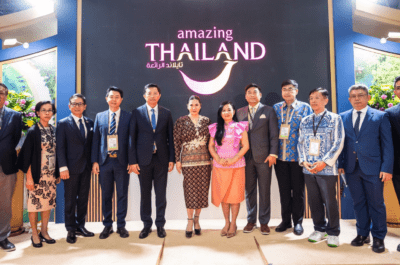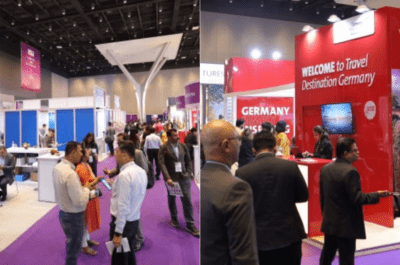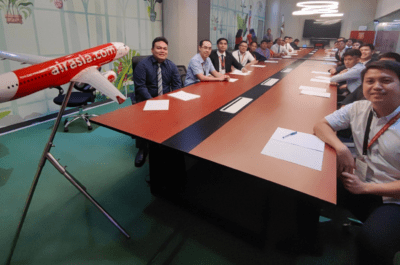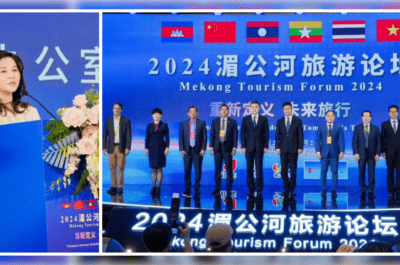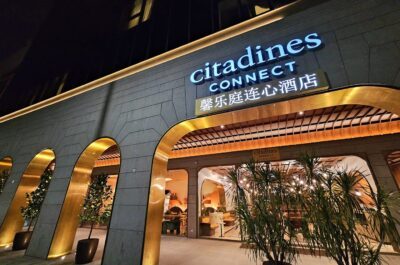…
Nearly all companies using a self booking tool (SBT) are failing to benefit from increases in productivity by not integrating their SBT with expense management systems. This is according to a new study commissioned by Amadeus and undertaken by the Business Travel Research Centre at Cranfield University, and the Association of Corporate Travel Executives (ACTE).
The research, based on an online survey completed by 168 ACTE members and interviews with nine companies, focused on the impact of travel technologies, specifically the integration of travel management tools and how their integration affects corporate productivity. Whilst 45 per cent of respondents had already integrated an SBT with the corporate intranet and 32 per cent with their HR database systems, only 9 per cent of companies overall had integrated their SBT with an expense management system. An additional 13 per cent of companies were just starting out on SBT integration projects with their expense management systems. Productivity benefits are tangible
According to the respondents, the most significant productivity benefits to be realised through integrating SBTs with expense management systems were in the area of data accuracy and consistency, specifically in the service industry, including:
- Reduction of time spent on reporting travel expenses
- Automatic transfer of data and traveller profile information updates
- Reduced need for manual input of travel data
This adds further weight to the findings of a recent study by the Aberdeen Group[1], which found that the cost of processing expense reports in companies, where the process was fully automated, was $15.10 compared to $31.40, a saving of 50%, to do the same work in companies where the expenses reconciliation process was a fully manual process.
Drivers to successful integration
No matter what the solution the company is seeking or how far along it is in the process, the research showed that travel managers need to be aware of the drivers to integration and follow some basic guidelines to help ensure a successful project:
Senior management approval key to accomplish evaluation process:
Developing appropriate metrics will be key to winning support and provide a baseline to appraise the success of the new integrated system.
Integration project must be a priority in the IT Department:
Anticipating complexities of the project with IT is vital as many large companies with multiple locations utilize both electronic and manual processes, making integration more difficult.
Consistent worldwide processes and employee awareness fundamental to increase policy compliance:
Training employees to understand and follow consistent processes will influence compliancy.
Standardization of other internal processes necessary before integration plan is implemented:
Simplifying and standardizing local processes within the constraints of local regulations is very important before any new expense management system can be implemented.
Modular approach more attractive
Responses also confirmed an overwhelming favourability towards modular third-party integration solutions, rather than a tailored approach. By modular, the study implies that we would see a number of these systems connected together by middleware that provides links between these separate disparate systems. In terms of tailored, the system would be designed in a way that embraces the manner a company currently conducts its business, minimising the change in systems and processes that are needed to implement the new application. 68 per cent of those surveyed opted for the modular approach, and 93 per cent of those indicated this preference was due to a range of technical, strategic and financial issues. Whilst tailored systems fit perfectly with the way each company conducts its business, additional time and cost of development, and the need for considerable ongoing IT support London, updates and redesign makes a modular solution more attractive. One large-sized financial services company had adopted a modular approach for this reason, and due to the speed at which it could be implemented alongside legacy systems.
Commenting on the findings, Marcos Isaac, Director of Corporate & Distribution Channels, Amadeus, said: “Our recommendation for any company looking to pursue an integration project, would be to first evaluate the existing travel and expense management processes, measuring the time from pre-trip to report submission to reimbursement. This will give a clear picture of where enhancements to productivity can be made, and help win senior management support. By simplifying and standardising IT systems, and agreeing a roll out strategy and incentives for traveller buy-in during the change process, the benefits in terms of productivity can reach 50% according to the Aberdeen study and can create a better overall travel experience.”
[1] Aberdeen Group, “Expense Management Automation: Process Efficiency, Great Visibility”, Feb 2007.
Vicky is the co-founder of TravelDailyNews Media Network where she is the Editor-in Chief. She is also responsible for the daily operation and the financial policy. She holds a Bachelor's degree in Tourism Business Administration from the Technical University of Athens and a Master in Business Administration (MBA) from the University of Wales. She has many years of both academic and industrial experience within the travel industry. She has written/edited numerous articles in various tourism magazines.




